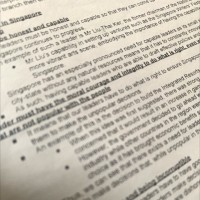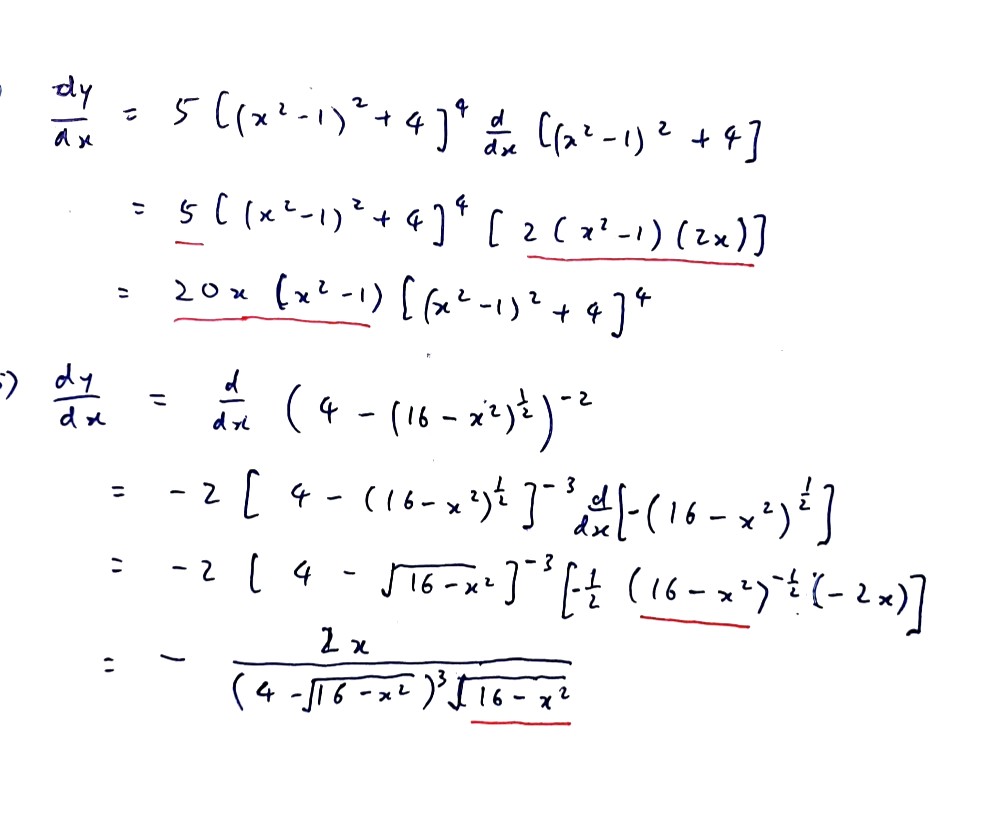Ask Singapore Homework?
Upload a photo of a Singapore homework and someone will email you the solution for free.

See 1 Answer
done
3 Upvotes
clear 0 Downvotes

Author of several O-level Science guide books (my profile pic). My forte is tutoring O-level sciences (Chemistry, Physics, Biology). Telegram Messenger: @ChillXsg note that only my tuition students have the privelege to direct message questions, to clarify.
Date Posted:
3 years ago





To the OP, when a constant term gets differentiated, it becomes zero and effectively vanishes. The power of x in a constant term is counted as zero (here’s it’s 4 multiplied by x^0). When we differentiate, the “0” is moved down from the power, and this “0” will cause the entire expression 0 multiplied by 4 multiplied by x^(-1) to become zero.